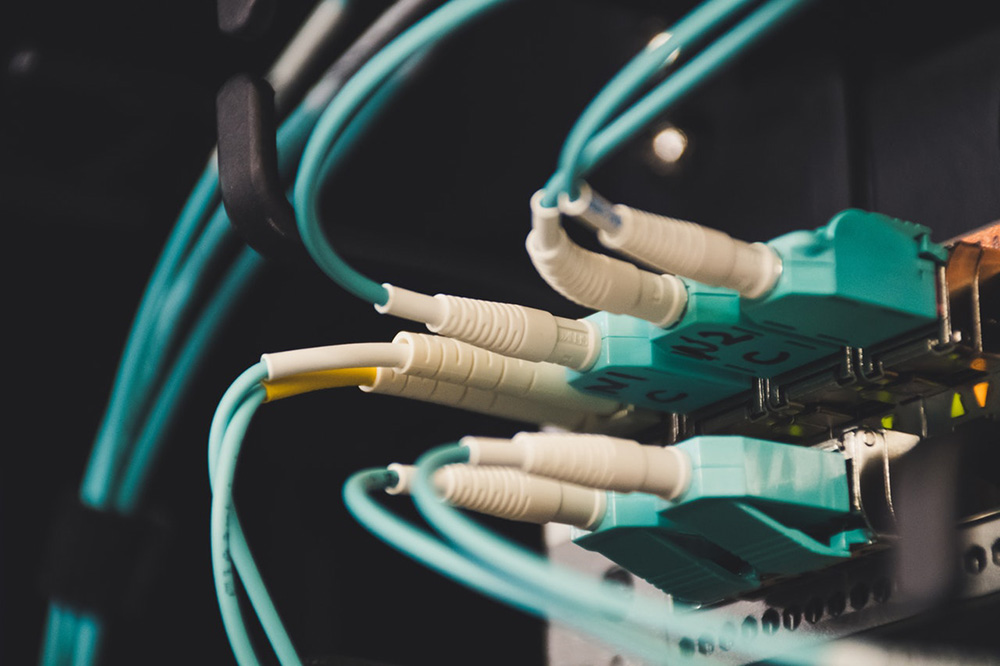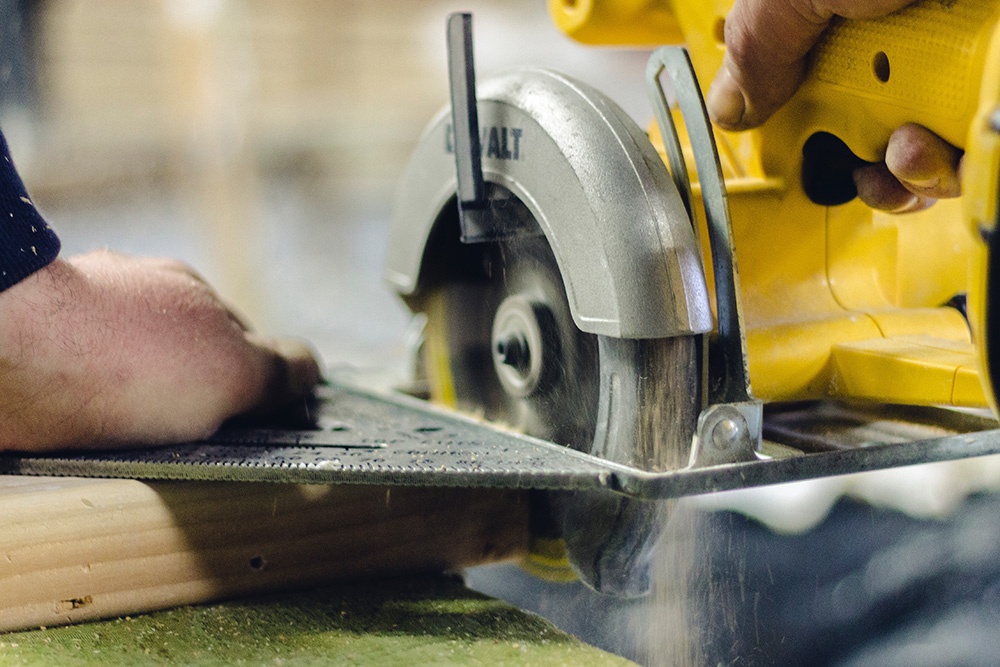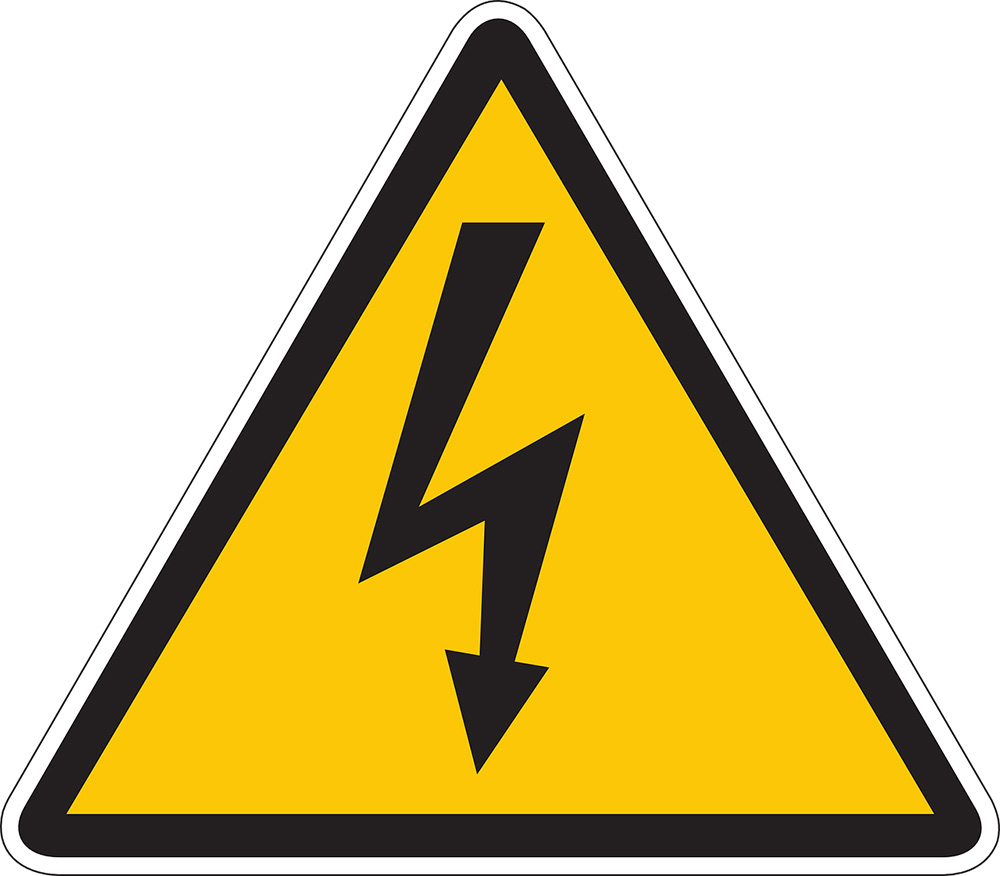
Getting Wiring Closets Right
May 6, 2019
Differences Between Commercial & Residential Remodeling Projects
May 22, 2019
Since electricity plays such a big and important role in our daily lives, most people don’t really think about the hazards of working with electricity. And, almost all of our work depends on reliable sources of electricity.
With that in mind, we often overlook the hazards electricity poses instead of preventing these hazards in the first place. Here we’ll go through best practices for electrical work in hazardous places to raise awareness of how dangerous electricity can be.
Electrical Hazards
Even though most people don’t see it that way, electricity is one of the most serious workplace hazards. Employees are exposed to serious risks like explosions, fires, burns, electrocution, and electric shock.
Luckily, most of these hazards are avoidable if employees pay attention to the best practices regarding electrical work in hazardous places.
How to Minimize Electrical Hazards

It’s quite possible to keep electrical hazards at bay by brushing up on OSHA standards. These standards regulate the design and use of electrical systems and equipment used in hazardous places.
Every electrical installation has certain exposed elements such as enclosures, controls, switches, appliances, machines, motors, equipment and lighting, and these elements are covered by the aforementioned standards. All of these elements are required to be installed, constructed and tested in a way that will ensure minimum workplace electrical dangers.
Best Practices
The best practices for electrical work in hazardous places are meant to provide necessary protection against electrical hazards and ensure maximum safety for all those who work with electricity. Most accidents involving electricity include three factors:
- Unsafe and improper work practices
- Unsafe working environment
- Unsafe installation or equipment
It’s possible to prevent most of these accidents by using safe work practices, electrical protective devices, grounding, guarding, and insulation. The truth is, almost every electrical accident is preventable but due to negligence and ignorance, accidents do happen. Still, it’s possible to prevent these accidents if workers keep safe work practices in their minds such as:
- Using protective equipment where and when it’s appropriate
- Being extra cautious when working near energized lines
- Making sure their electric tools are properly maintained
- De-energizing electric equipment properly and safely before an inspection
By practicing and exercising these safe work practices, the chances of any accidents are reduced to a minimum. It’s also warmly recommended that all employees who work with electricity go through special training where they’ll learn to properly de-energize their tools and equipment, use safety procedures to ensure the equipment is safe, use insulating protective equipment, and know how to maintain a safe distance from exposed and energized parts.
For assistance with any of your electrical needs, reach out to MSC Electrical today!
